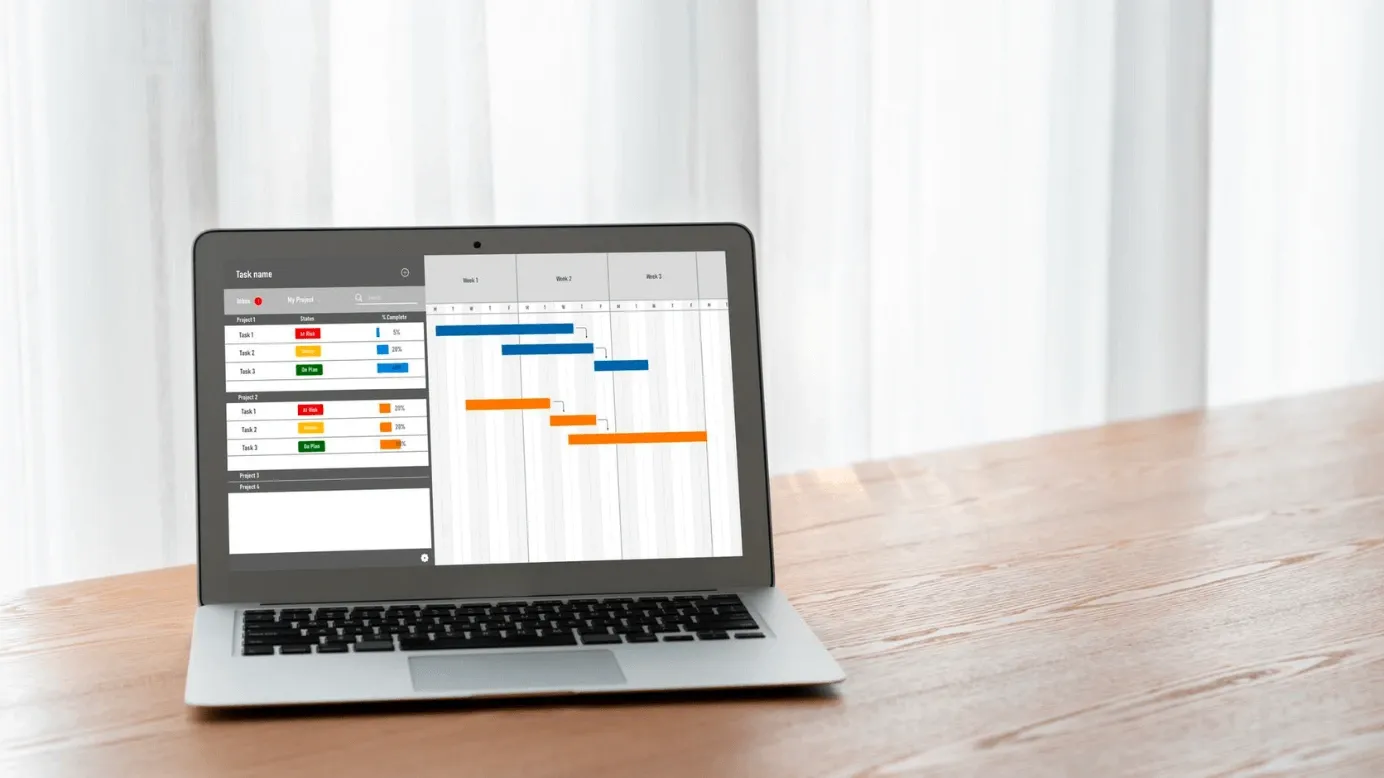Nesta página
Quando a Microsoft lançou o Excel em 1983, revolucionou as práticas empresariais ao simplificar os cálculos e a manutenção de registos, tornando mais acessíveis tarefas de gestão de dados que anteriormente eram complicadas. Esta poderosa ferramenta abriu as portas a uma nova era de tratamento de dados, permitindo às empresas aproveitarem grandes quantidades de informação como nunca antes.
No entanto, esta conveniência tem uma ressalva significativa: quase 90% de todas as folhas de cálculo contêm pelo menos um erro. Apesar da sua interface de fácil utilização e versatilidade, a adoção generalizada do Excel para tarefas como os cálculos de compensação de vendas levanta questões críticas sobre a sua fiabilidade.
Imagine utilizar o Excel para calcular a compensação de vendas. O resultado é frequentemente uma mistura caótica de erros e confusão, deixando as partes interessadas perplexas sobre como as coisas correram tão mal.
No entanto, muitas empresas de SaaS ainda dependem de folhas de cálculo do Excel para gerir as comissões de vendas que podem ascender a milhões por ano. Este blogue irá explorar as razões convincentes para reconsiderar esta abordagem e as vantagens que advêm da automatização do processo de compensação de vendas.
Os 5 problemas do Excel
Seguem-se os cinco problemas com o Excel que deve ultrapassar para obter melhores resultados.
Problema #1: Torna-se difícil navegar pelos cenários de vendas SaaS
A gestão da compensação de vendas no sector SaaS apresenta um conjunto único de desafios que podem rapidamente sobrecarregar as ferramentas tradicionais como o Excel. Embora as folhas de cálculo ofereçam flexibilidade e facilidade de utilização, são insuficientes quando se trata de acompanhar estruturas de comissões complexas em vários representantes de vendas e níveis hierárquicos.
As complexidades das mudanças de política a médio prazo, os bónus e os vários programas de incentivo complicam ainda mais o cenário, tornando quase impossível manter o detalhe necessário para uma gestão eficaz das comissões.
À medida que as empresas de SaaS procuram cada vez mais a conformidade com a ASC 606, os riscos são ainda maiores. Esta norma contabilística requer que as receitas sejam reconhecidas ao longo do tempo, exigindo uma mudança na forma como as comissões de vendas são calculadas e comunicadas. Com o potencial de erros à espreita em cada folha de cálculo, confiar em métodos desactualizados pode pôr em risco não só a precisão financeira, mas também o sucesso geral do negócio.
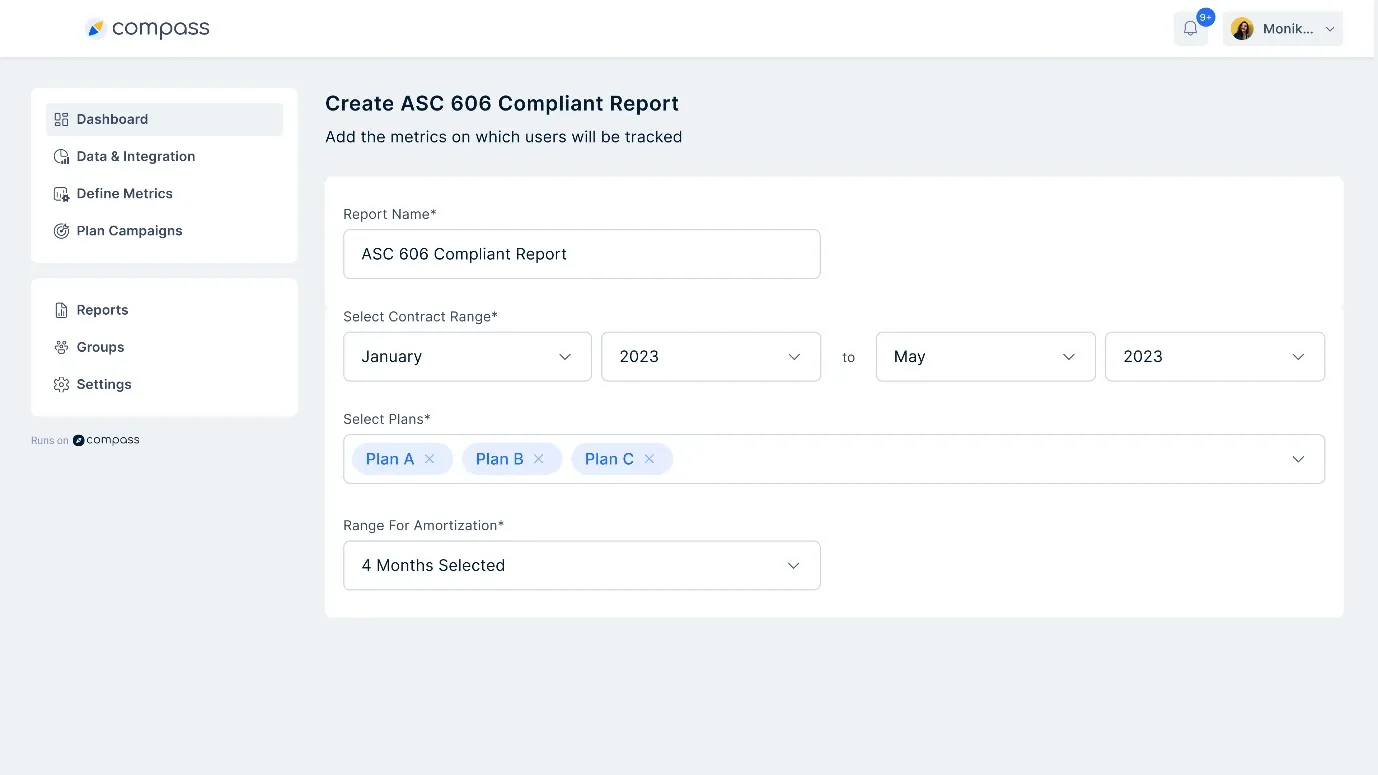
Ajuda a evitar pagamentos excessivos, alinhando os pagamentos de comissões com as receitas que foram reconhecidas. As equipas de vendas também podem ver os seus ganhos em tempo real, juntamente com quaisquer potenciais recuperações. Esta transparência ajuda todos a manterem-se informados e reduz a confusão.
Problema #2: Não pode ser partilhado
(Como assim, não é partilhável - adicione-o como anexo a um e-mail!)
Claro, mas não o pode fazer quando tem uma equipa enorme de centenas e milhares de empregados que querem aceder ao mesmo ficheiro. Agora imagine toda a sua equipa de vendas mapeada em relação a 15 planos de incentivos diferentes. Acrescente agora a complexidade de os chefes de equipa poderem acompanhar os incentivos dos membros da sua equipa, mas não de outros membros da equipa. É exatamente isto que torna o Excel não partilhável e desafiante.
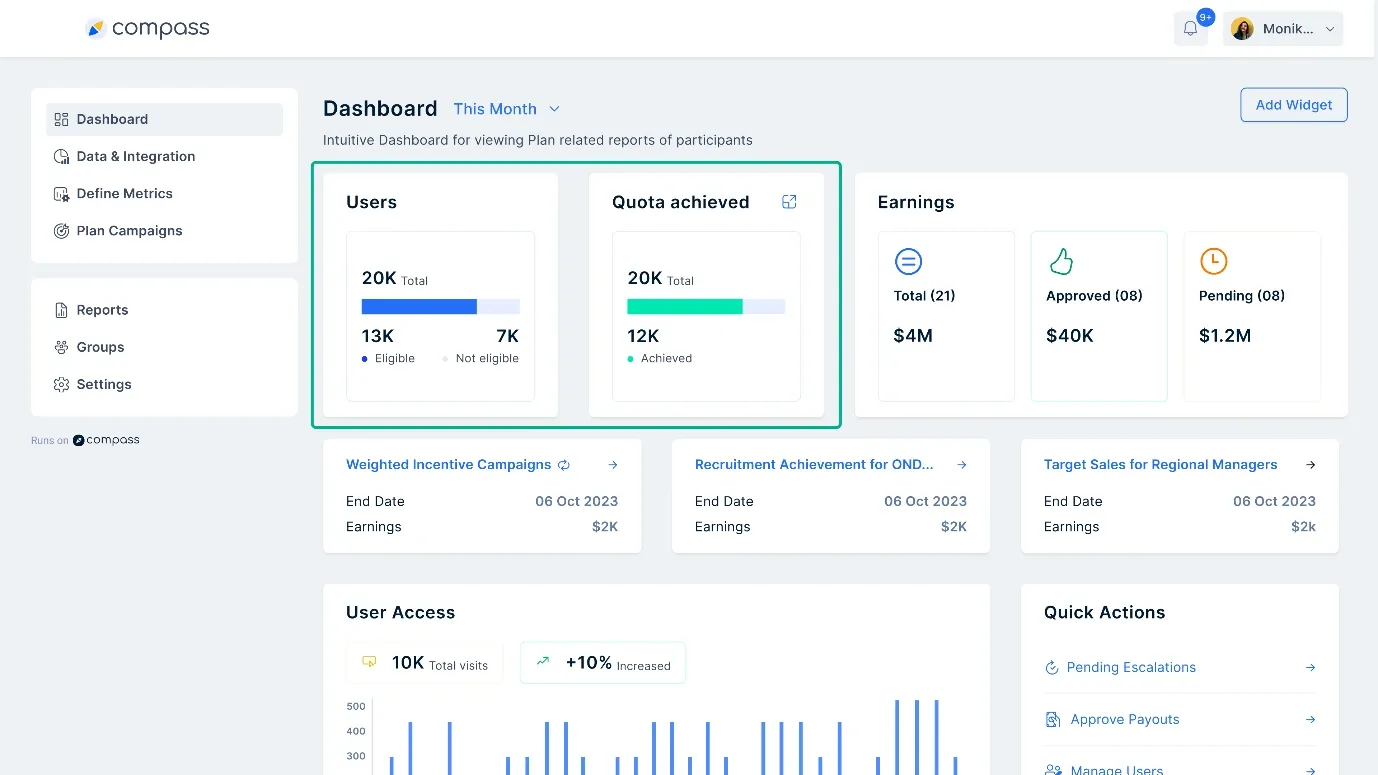
Problema #3: Sem visibilidade em tempo real
A Microsoft tem feito esforços significativos para melhorar a conetividade do Excel, mas continua a ser um sistema desligado. As empresas necessitam frequentemente de acesso direto aos dados dos seus sistemas CRM, ERP e de processamento de salários. No entanto, a integração destes dados numa folha de cálculo central para actualizações em tempo real é praticamente impossível.
Normalmente, os clientes recorrem ao corte e colagem manual de dados destes sistemas para o Excel, seguido da manipulação e normalização dos dados antes de executarem as comissões. Este método é lento, propenso a erros e carece de capacidades em tempo real.
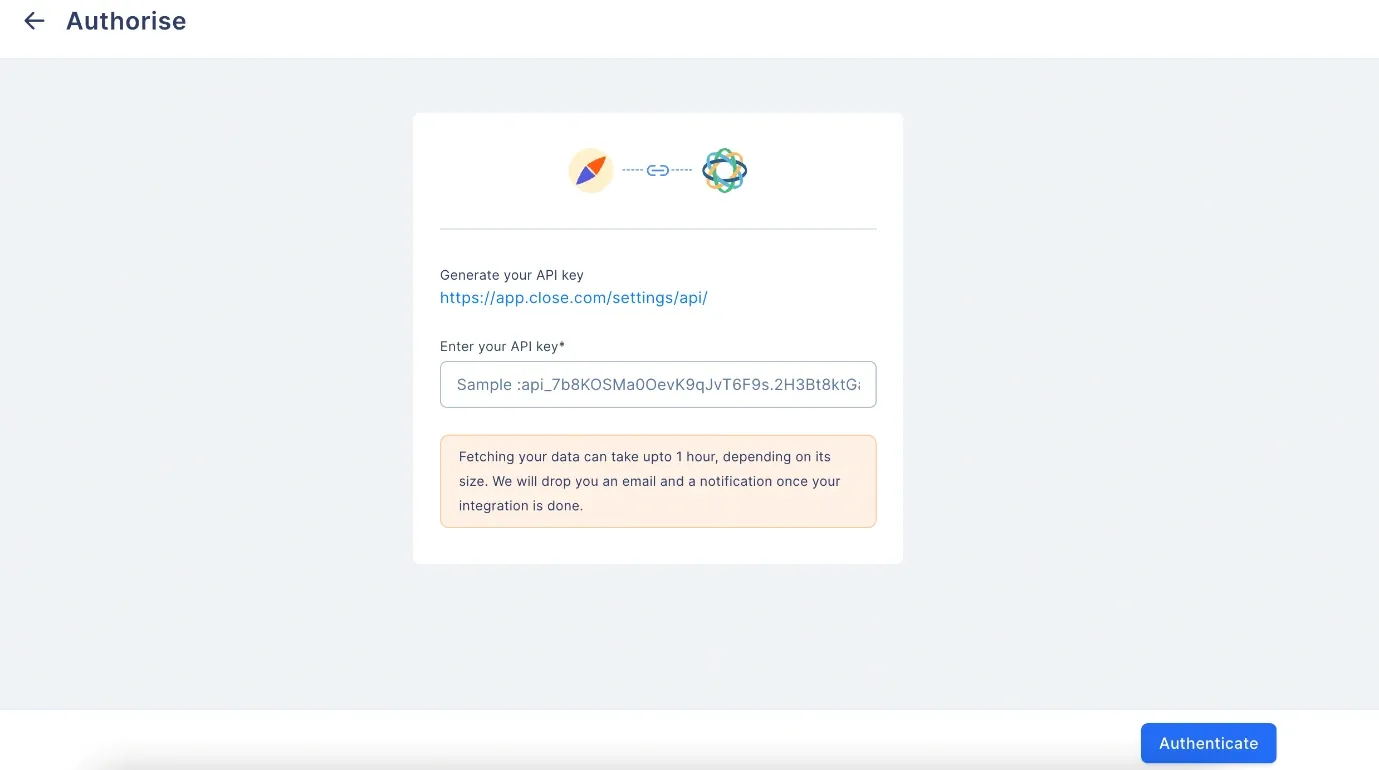
Problema #4: Não foi concebido para incentivos
O Excel é uma tela em branco com duas dimensões. Não consegue lidar com cálculos complexos, associados a camadas de lógica. E terá de recorrer a 10 ou 20 ifs e índices aninhados para chegar ao valor final. Deus nos livre de errar num desses 20!
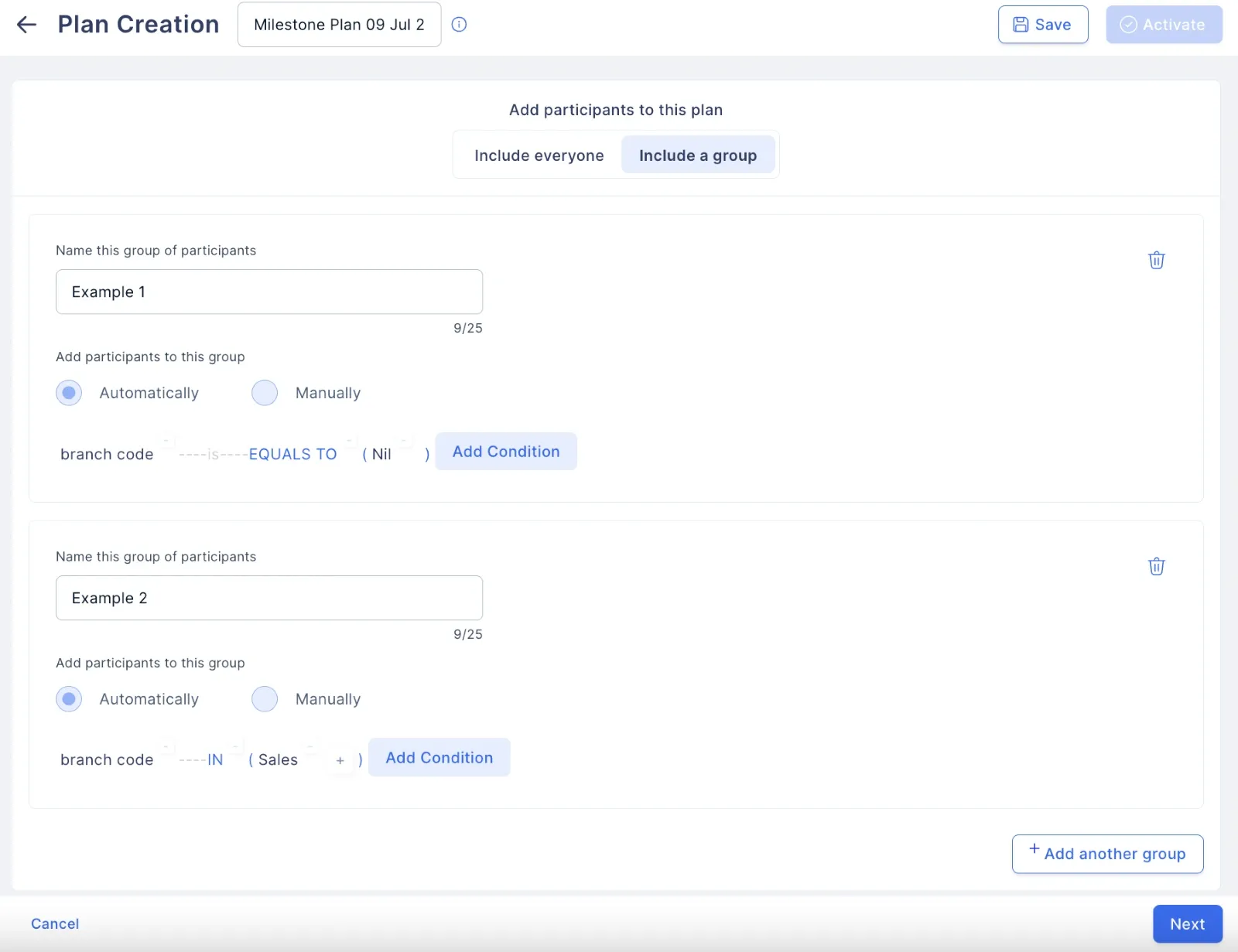
Problema #5: Não foi concebido para escala
Mesmo com melhorias para tornar o Excel multi-tenant, baseado na nuvem e específico para comissões, continua a ser inadequado para gerir programas de comissões complexos. Emery Berger da Pesquisa da Microsoft descreve o Excel como uma "linguagem de programação funcional e reactiva", destacando o seu duplo papel como base de dados e interface de programação.
No entanto, o Excel é excelente apenas quando lida com pequenos conjuntos de dados e lógica matemática direta. À medida que a complexidade aumenta, as suas limitações tornam-se evidentes, levando ao que se designa por "dívida técnica".
Isto acontece quando os utilizadores tentam desenvolver soluções semelhantes a software no âmbito de uma folha de cálculo. Consequentemente, o Excel não é adequado para tarefas de programação extensivas; a investigação indica que até 90% das folhas de cálculo contêm erros significativos que comprometem a exatidão dos dados.
Assim, embora o Excel seja uma ferramenta poderosa para tarefas básicas, não pode suportar eficazmente aplicações de software de grande escala ou estruturas de comissões complexas.
Pronto para substituir o Excel por uma solução de gestão de comissões de vendas?
optar pelo Compass porque:
1. Uma capacidade de manutenção robusta
Vários grandes concorrentes oferecem produtos abrangentes para vários cenários de comissões. Apresentam numerosas integrações, capacidades de elaboração de relatórios alargadas e uma base de clientes substancial. No entanto, muitos clientes manifestam insatisfação devido aos elevados custos de instalação e manutenção.
O preço Compass começa em $20 por mês, com opções de pagamentos mensais ou anuais. Não existem taxas ocultas ou encargos adicionais para aceder a qualquer módulo. Além disso, o período de implementação é de aproximadamente três meses.
2. Escalabilidade
Liga e centraliza dados de vendas de mais de 85 bases de dados, incluindo CRMs populares como o Salesforce e o HubSpot. Isto permite uma integração e gestão perfeitas das informações de vendas. Os representantes de vendas podem aceder a uma calculadora de ganhos para estimar as suas comissões, ajudando-os a concentrarem-se em negócios de elevado valor sem se preocuparem com os pagamentos no final do mês. Os utilizadores podem criar painéis de controlo personalizados para acompanhar o desempenho em relação a esquemas de comissões específicos, proporcionando uma visibilidade clara das métricas individuais e de equipa.
3. Não codificar é a atitude correta
O movimento Low Code/No Code está a transformar a experiência do programador (DX) ao permitir que os trabalhadores do conhecimento criem soluções poderosas sem necessitarem de recursos de engenharia.
Estas plataformas facilitam a automatização e o desenvolvimento de aplicações, exemplificadas por ferramentas como o Zapier e o UiPath, bem como por aplicações empresariais no âmbito dos ecossistemas Salesforce e Workday.
Compass, um software de acompanhamento de comissões sem código, permite que as equipas de vendas calculem as comissões com precisão e em tempo real. Permite que os líderes de vendas monitorizem o desempenho e os ganhos, automatizando os cálculos de comissões e os processos de aprovação, optimizando assim a gestão eficaz das comissões de vendas.
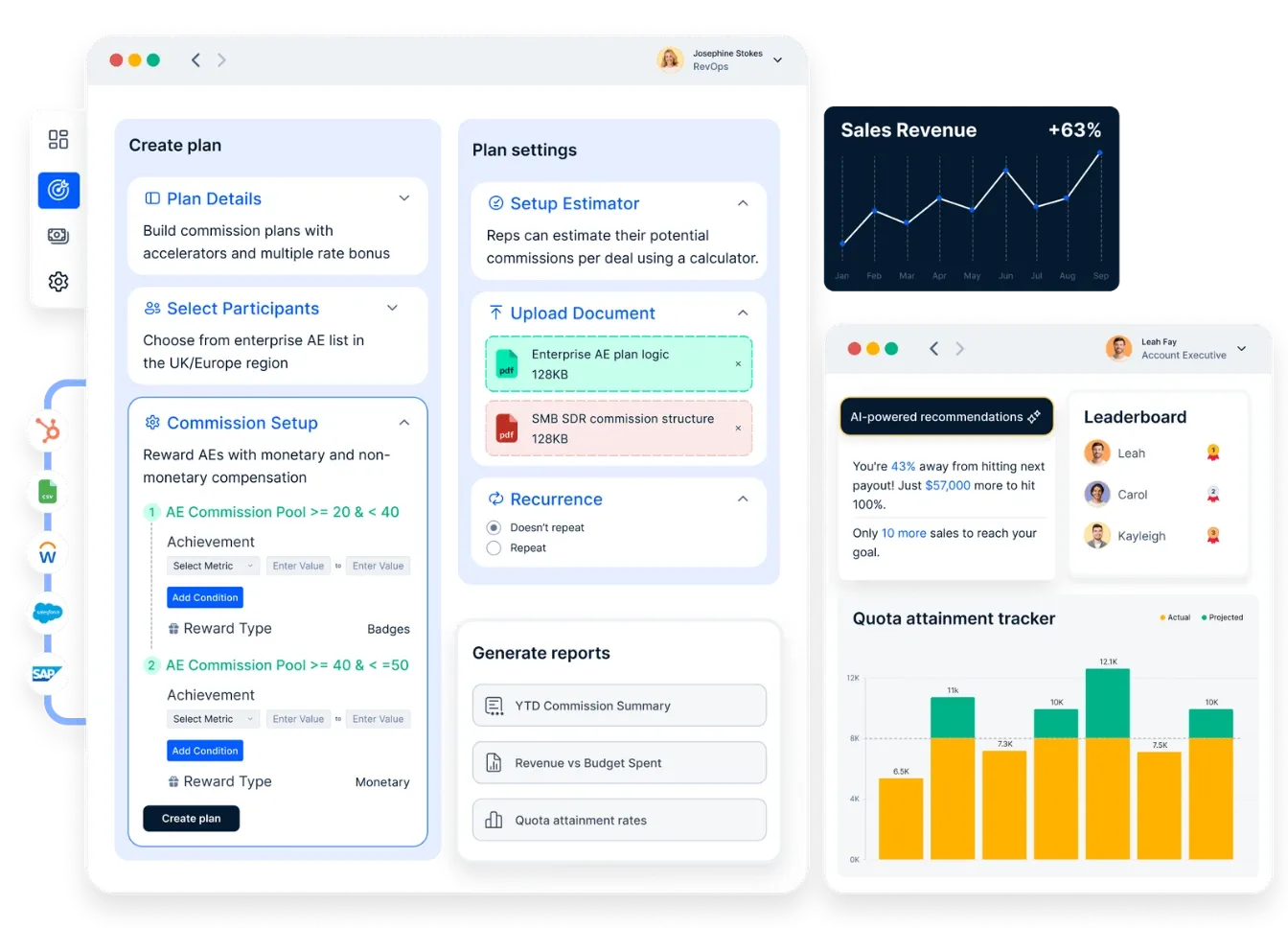
Compass oferece uma plataforma intuitiva que simplifica a gestão de planos de incentivos, facilitando aos gestores de comissões a criação e manutenção de estruturas de compensação sem formação extensiva.
FAQs
1. Como é que gerem as comissões?
Compass automatiza os cálculos de comissões e acompanha o desempenho em tempo real. Simplifica a gestão de estruturas de comissões complexas, garantindo a exatidão e a conformidade com as normas contabilísticas.
2. Como é que controla as comissões de vendas?
Com o Compass, pode aceder a um painel de controlo centralizado que proporciona visibilidade dos dados de vendas e pagamentos de comissões. Este acesso em tempo real ajuda a evitar pagamentos excessivos e mantém toda a gente informada.
3. Como é que estabeleço um plano de comissões de vendas?
A configuração de um plano de comissões no Compass é fácil de utilizar e não requer conhecimentos de programação. Pode definir variáveis e lógica facilmente, permitindo planos personalizados que se adaptam às suas necessidades comerciais.
4. Qual é a melhor forma de manter um registo das vendas?
A melhor forma de monitorizar as vendas é através da integração do Compasscom mais de 85 bases de dados, incluindo CRMs como o Salesforce. Isto garante que todos os dados de vendas são consolidados e acessíveis num único local, melhorando a visibilidade e a tomada de decisões.





